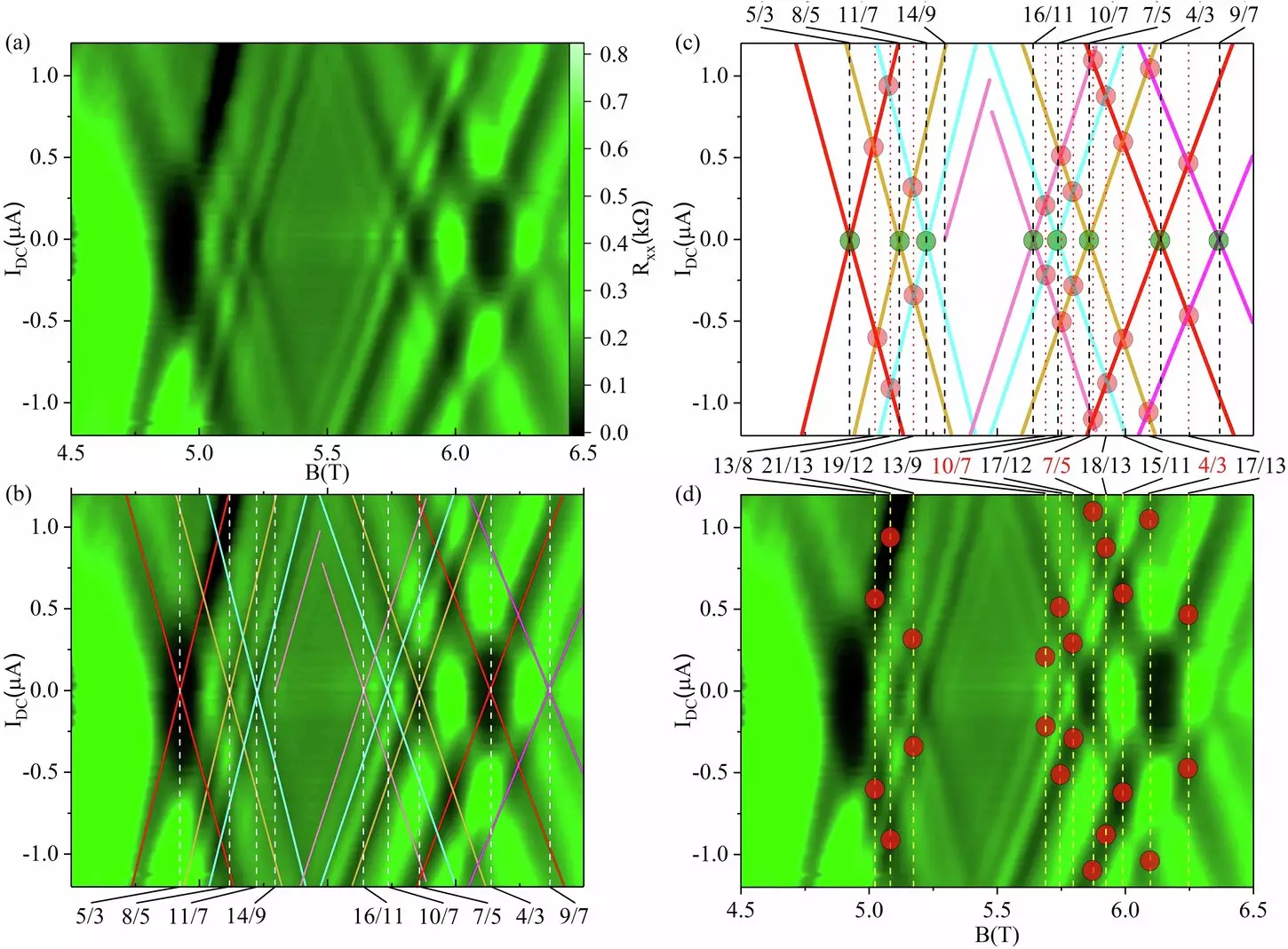In the realm of physics, the study of fractional quantum Hall effects has been a captivating field that has led to groundbreaking discoveries over the past few decades. Researchers at Georgia State University have delved into the mysterious world of flatland particles, uncovering unexpected phenomena and pushing the boundaries of our understanding of quantum systems.
The Evolution of Quantum Hall Effects
Since the discovery of the quantum Hall effect in 1980 by Klaus von Klitzing, scientists have been fascinated by the behavior of particles in two-dimensional flatland. This led to the revolutionary understanding of fundamental constants that govern our universe and even earned von Klitzing a Nobel Prize in 1985. Subsequent discoveries, such as the fractional quantum Hall effect and the exploration of massless electrons in graphene, have continued to shape the field of condensed matter physics and pave the way for new technologies.
Under the guidance of Professor Ramesh G. Mani and recent Ph.D. graduate U. Kushan Wijewardena, a team of researchers conducted experiments in extreme cold conditions to study the fractional quantum Hall effects. By applying a supplementary current to high-mobility semiconductor devices, made from gallium arsenide and aluminum gallium arsenide materials, the team revealed complex states of matter that had previously been unexplored. The study emphasized the critical role of high-quality crystals in the success of the research.
The results of the experiments showcased unexpected splitting of FQHE states and crossings of split branches, shedding light on non-equilibrium states of quantum systems. This novel approach challenged existing theories and hinted at a hybrid origin for the observed excited-state FQHEs. The groundbreaking findings have immense implications for future research in condensed matter physics and could inspire new technological advancements in quantum computing and materials science.
As the team continues to push the boundaries of their research, they aim to explore even more extreme conditions to unlock further nuances in quantum systems. By paving the way for future generations of students and researchers, they are laying the foundation for technologies that could revolutionize data processing, energy efficiency, and the high-tech economy. Each experiment brings them closer to unraveling the complex behaviors of quantum systems and leaves the door open for new discoveries on the horizon.


Leave a Reply